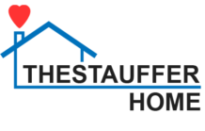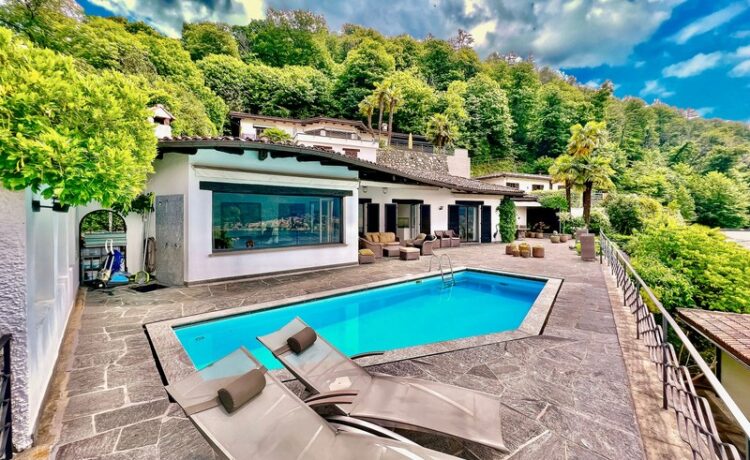Swiss real estate attracts foreign investors due of its stability. Switzerland restricts foreign buyers of real estate and manages the market to prevent speculation. Due to its proximity to Italy, Ticino draws international investment, however Swiss government laws must be considered. Foreign buyers must understand property type and location restrictions. Swiss law’s resident-non-resident divide is essential. Swiss nationals have less property buying limitations than permit holders. Non-residents can buy vacation houses or investment properties with special consent. You must understand these legal intricacies to prevent hazards.
Legal Terms for International Buyers
Foreign buyers of Ticino property must obey different laws than Swiss nationals. Make sure Swiss law allows real estate purchases. The sale must be approved by cantonal authorities and in a tourism region. Foreign buyers of homes and businesses would face harsher restrictions. Non-residents cannot invest in Swiss real estate without a residency authorization. An experienced Swiss real estate attorney can optimize the purchasing process and assure compliance with regional legislation.
Financing Property Purchase
Foreign buyers of Real Estate in Ticino (Switzerland) need financing. Foreigners face tighter mortgage rules in Switzerland. Swiss banks are cautious lenders. Most Swiss banks need 20% down, although international buyers may pay 30%–40%. Buyer assets and income will be verified by lenders to ensure financial health. Foreign buyers must consider currency rate swings since Swiss francs are needed to buy real estate. Consult a financial advisor before buying foreign currency for long-term financial effects. Choose a mortgage that meets your objectives and finances from fixed- and variable-rate options.
International Investor Taxes
Swiss property owners enjoy favorable taxes, but Ticino international buyers should understand them. Ticino property owners pay differing federal, communal, and cantonal taxes. Foreigners who own real estate in Switzerland and pay taxes in their home countries must consult a tax specialist.
Foreign buyers suffer greatly from the wealth tax. Swiss tax individuals’ worldwide assets, including real estate. The holiday home is subject to “deemed rental income” tax even if not rented. The anticipated property rental value determines this tax. If you sell the house later, capital gains tax may apply.
Looking for Properties
Urban Lugano and picturesque Locarno and Bellinzona make up Ticino’s real estate market. You must carefully choose the property type and location that meets your financial goals. Waterfront properties are good investments and vacation homes because they hold their value. Rural homes offer greater privacy and peace, so buyers seeking a peaceful retreat may prefer them.
Purchase Process
Buy the perfect home after finding it. International buyers might expect months of legal proceedings. Purchaser and seller sign a “contratto preliminare,” or preliminary contract, after negotiations. Signing this contract in front of a notary public normally requires a 10% deposit. After signing the preliminary contract, the notary registers the property with the land registry. Securing buyer financing and completing legal and regulatory procedures may take months. A notary will arrange ownership transfer and purchase payment after the transaction.
Conclusion
Ticino real estate investing is a unique chance to buy property in one of Switzerland’s most beautiful locations, but it demands planning plus financial and legal expertise. Professional financial experts, attorneys, and real estate brokers may help international buyers navigate the Swiss real estate market and make sensible purchases. Foreign investors and vacationers choose Ticino for its stability and beauty.






